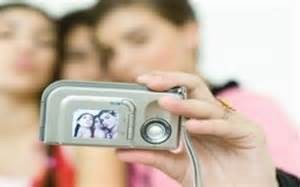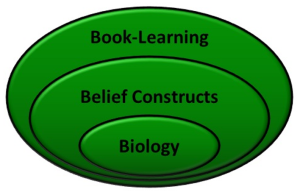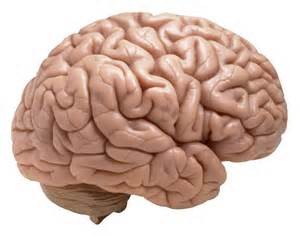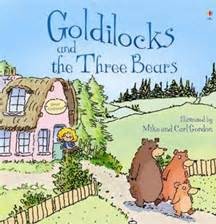 Good grief. The Oxford Dictionary named selfie as the word of the year for 2013. As irritating as selfies may be, at least they are now clearly defined: “A photograph that one has taken of oneself, typically one taken with a smartphone or webcam and shared via social media.”
Good grief. The Oxford Dictionary named selfie as the word of the year for 2013. As irritating as selfies may be, at least they are now clearly defined: “A photograph that one has taken of oneself, typically one taken with a smartphone or webcam and shared via social media.”
As it turns out, defining self is a lot trickier. As noted earlier, French mathematician, scientist, and philosopher, Rene Descartes, grappled with this question. He ultimately found only one truth about his existence as a separate and unique entity that he felt was inarguable: “I think, therefore, I am.”
Descartes, who did his best work in the early to middle 1600s, was certainly not the first thinker to try to get his arms around what makes the self—the “I” distinct from all those “Others.” In fact, Plato, working between 427 and 348 BCE, is often credited with being the first Western writer and thinker to think on this thorny thing.
And apparently, the issue is still in dispute. The August/September 2015 edition of Philosophy Now magazine devotes quite a few column inches to continuing this discussion, up to and including some who believe that there actually is no such thing as the self.
Mercy!
With all this controversy, how can I possibly begin to achieve Self-Awareness and understand the first axiom of exponential performance: I experience and explain the universe from my own unique perspective?
For purposes of our explorations, let’s default, with a sigh of relief, to the non-scholarly (but useful) understanding that when you look in the mirror, you recognize the face reflected as being you—a unique individual with your own distinct memories, point of view, attitudes, and potential.
But that just leads us to another Big Question: how did you become you?
To help us find our way through this particular maze of scientific research and philosophical speculation, I’ve created my own simplistic model of how the brain in your body was shaped into the you that you are today. And because I have a wretched
own simplistic model of how the brain in your body was shaped into the you that you are today. And because I have a wretched
weakness for awkward alliteration, I think of this as my 3B Model: Biology→Beliefs→Book-Learning.
When a little human—you, for example—first pops out into the universe, you initially respond to it as a purely biological being. The basics of your biology are dictated by the genetic material inherited from the egg and sperm that united to form you. Even before being officially activated by that archetypal smack on the bottom from the delivery man (or woman), your body has been receiving and processing inputs from the universe that surrounds you.
As your brain continually receives all manner of stimuli, filtered through your various senses, you unconsciously begin constructing your set of beliefs about how the world works. Neurons fire, and patterns emerge. “When I do this, I get that. I like that, so I’ll do this some more! Oooh, but when I do this other thing, I don’t like what I get. So I won’t do that so much.”
Experiences to this effect happen zillions of times as you interact with your world…mostly Mom and Dad at first, possibly a sibling or two. Maybe a pet. With each observation, your busy brain builds its belief sy stem. Right or wrong, your belief constructs are your own.
stem. Right or wrong, your belief constructs are your own.
As you gain maturity and the ability to handle abstraction, you eventually ease into what I’m calling book-learning…or perhaps borrowed experience is an equally apt term. Either way, the idea is that as a child’s cerebral cortex grows, that brain develops vast new capabilities for making sense of the sensory inputs.
Critical skills emerge, such as understanding language, solving problems, establishing social connections, and consciously making choices. With the ability to understand language comes the ability to possibly accept or adapt beliefs, based on the experience of others.

Why do you think children’s storybooks are chock full of tales that have a moral at the end? You do not personally have to have invaded the home of the Three Bears to learn a lesson about not messing with somebody else’s stuff without permission. In essence, you borrow experience from Goldilocks’ misadventure, and learn something from the book without living through it yourself—hence, book-learning.
As you are probably already sensing, we are teetering perilously on the brink of dealing with some real science here. So having given you the bird’s-eye view version of my 3B model, I’ll pause here and prepare to dazzle you in the coming posts with some fascinating findings from the world of neuroscience when it comes to the Biology of the brain and what it means for one seeking to achieve exponential performance as a self-energizing leader.
Is your brain buzzing with comments or questions? Please post them–let’s get the conversational ball rolling!
~~~